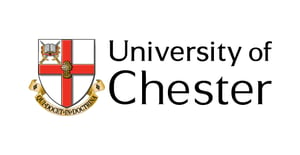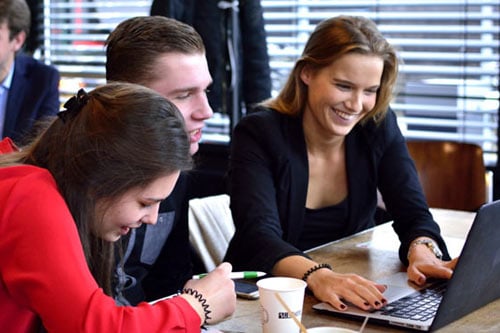"I think tourism policy and tourism management ideas and theories will change over the next 20 years but the ability to use philosophical systems of thought as required, as almost tools in a toolbox, I think is incredible. And that's something that I think the business simulation allows you to do." Charles Bladen
On Tuesday 19th October we hosted our fourth webinar of the year together with Charles Bladen , Senior Lecturer at Anglia Ruskin University London (ARU London). The webinar focused on the teaching of tourism management at higher education level with a particular focus on the use of business simulations as tools for experiential and student-led learning through Donald Schön's 'reflective practitioner' models.
In this blog article, we'll recap some of the key points and insights raised by Charles with a particular focus on his experience of using reflective learning approaches.
Students As Reflective Practitioners
Coined in the 1980s, Donald Schön's 'reflective practitioner' models outlined two learning processes:
- 'Reflection on action' - here learners reflect on past experiences and activities to better understand the end results and how they were achieved or how they could've been improved.
- 'Reflection in action' - here learners reflect on present experiences and activities to better understand or foresee how certain events or outcomes are happening or likely to happen.
It was this approach to learning that revolutionised Charles' pedagogical approach to teaching tourism, hospitality, and events management. In particular, he saw 'reflection in action', through the use of business simulations, as a medium to enable students to develop skills, accountabilities, and motivations to learn and apply management theories and understand the operational requirements of running a tour operator company.
"It was like adopting a new way of learning. I wanted students to take charge of their learning. I realised we were delivering theory through textbooks or PowerPoint presentations; students were learning it and able to regurgitate it during assessment. However, it wasn't until we looked at Schön's 'reflection in action' model that we started considering how students were learning and not solely on what they were learning."
Building a Reflective Learning Community
Charles also introduced Schön's 'Reflective Practicum' model. This involves determining a setting for reflective practice to flourish, not only for students but for the teacher, as well to learn from the students' reflective process of learning and how the setting or setup can be improved in later instances.
He expanded on this point within the context of the webinar itself:
"The reflective practicum is about a learning community. Today, in a sense, we're becoming the reflective simulation, gamification practicum because we're sharing best practice."
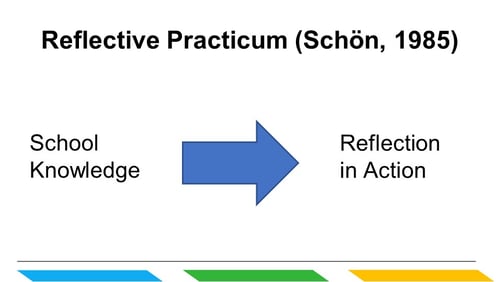
Thinking Traits and Behaviours
This also led nicely onto a cognitive analysis of how students learn and the ways of thinking they employ to understand and perceive a particular task or topic.
As we saw in the student engagement webinar this also enables students to identify certain personality traits, strengths and weaknesses in their approach to managing a business simulation within a team-based setting.
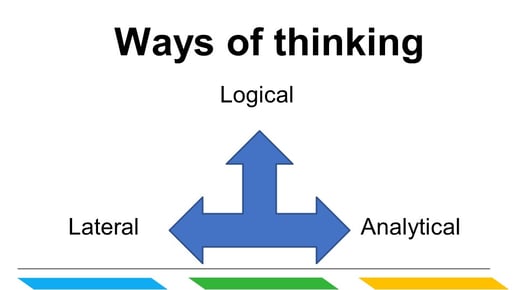
Charles summarised this observation from past experiences.
"Different types of students major in different degrees, so finance students were more analytical and logical and when I taught creative industry students they were all lateral. They were really creative and able to produce something you've never seen before. The problem was they struggled in marketing their ideas because they couldn't logically apply a structure, so we had to move away from that creative thematic [to other ways of thinking]."
Developing Employability Skills
Charles also elaborated on the types of soft skills students develop throughout the simulation experience.
"Students benefit from decision-making, working in teams, leadership, conflict-resolution, communication but it's also about developing students' confidence, as well so they're able to demonstrate and evidence how their role and input helped improve their company's performance in the simulation."
He also explained how at ARU London there's a much wider employability initiative to support students not only to develop key employability skills but discover what career paths interests them.
"This idea that education is something we get through in order to get the job we want, that's not what we're doing. Coupling it together with the employability programme at ARU, which is quite special, this enables them to get on with something that they're really interested in and enthusiastic about."
Student Feedback - A Reflective Practicum for Teachers
Student feedback also provided effective qualitative and quantitative data to inform future instances of using the business simulation within his Tourism Management module. In essence this served as one tool for a reflective practicum for ARU academics to learn from the reflective exercise and help inform any future changes to the structure and/or setting.
Although, a very encouraging insight from the feedback was that his students were overwhelmingly positive on the experience.
"99% of students say this is better than a normal class."
Charles also found that:
"...students are not so interested in winning, it is a competition, but the real value is that they're getting a chance to have a simulated experience which they're learning from."
Tour Operator - Our Tourism Management Simulation
The webinar culminated with a look at our popular Tour Operator simulation that Charles uses at ARU London.
In this business simulation, students become managers of their own online tour operator company. They're tasked with deciding which destinations to offer to their main target group, what service levels should be required, what allotment deals to procure, and what prices to charge. The overall aim is improve company performance, increase market share, and outperform rival student teams through the simulation's own 'balanced scorecard'.
We offer free demo accounts of the Tour Operator simulation so academic and teaching staff can try it out beforehand. Click on this link: Request your free demo account to get yours.
Events Management An Introduction (third edition)
At the end of the webinar, Charles provided a brief update on the third edition of Events Management An Introduction which is due for publication (by Routledge) in March 2022 so keep your eyes peeled for that one!
Did you miss the webinar? Don't worry...
View the recording or if you're in a hurry check out our one minute recap video below.
Looking forward to Our next webinar?
Sign-up to our newsletter for updates.
References
- Andreina Bruno & Giuseppina Dell’Aversana (2018) Reflective practicum in higher education: the influence of the learning environment on the quality of learning, Assessment & Evaluation in Higher Education, 43:3, 345-358, DOI: 10.1080/02602938.2017.1344823
- Bruno, Andreina & Dell'Aversana, Giuseppina. (2017). Reflective practicum in higher education: the influence of the learning environment on the quality of learning. Assessment & Evaluation in Higher Education. 1-14. 10.1080/02602938.2017.1344823.
- Bladen, Charles, Nick Wilde, James Kennell, and Emma Abson. 2018. 2nd Edition. Events Management: an Introduction. Hoboken: Taylor & Francis.
- All Answers Ltd. (November 2018). Schon Reflective Model | NursingAnswers.net. Retrieved from https://nursinganswers.net/reflective-guides/schon-reflective-model.php?vref=1

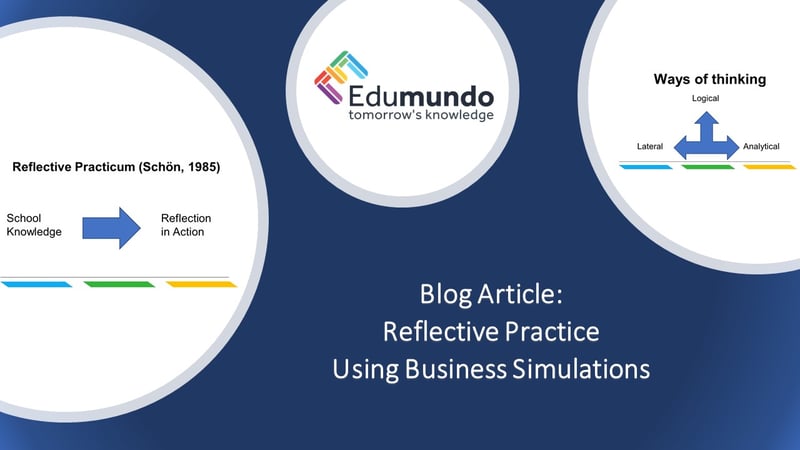
.png?length=300&name=unnamed%20(11).png)
.png?length=300&name=unnamed%20(7).png)
.png?length=300&name=unnamed%20(8).png)
.png?length=300&name=unnamed%20(6).png)

.png?length=300&name=unnamed%20(10).png)
.png?length=300&name=unnamed%20(5).png)
.png?length=300&name=unnamed%20(9).png)
.png?length=300&name=unnamed%20(4).png)
.png?length=300&name=unnamed%20(2).png)
.png?length=300&name=unnamed%20(1).png)
.png?length=300&name=unnamed%20(3).png)
.jpg?length=300&name=unnamed%20(2).jpg)
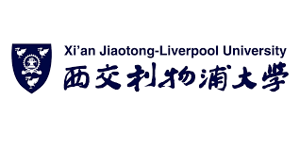
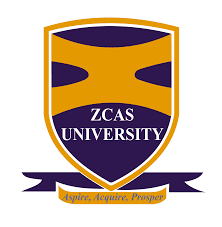
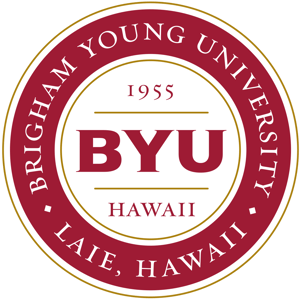

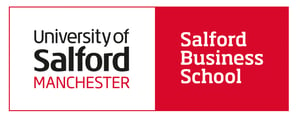
.png?length=300&name=loughborough-university-logo%20(small).png)

